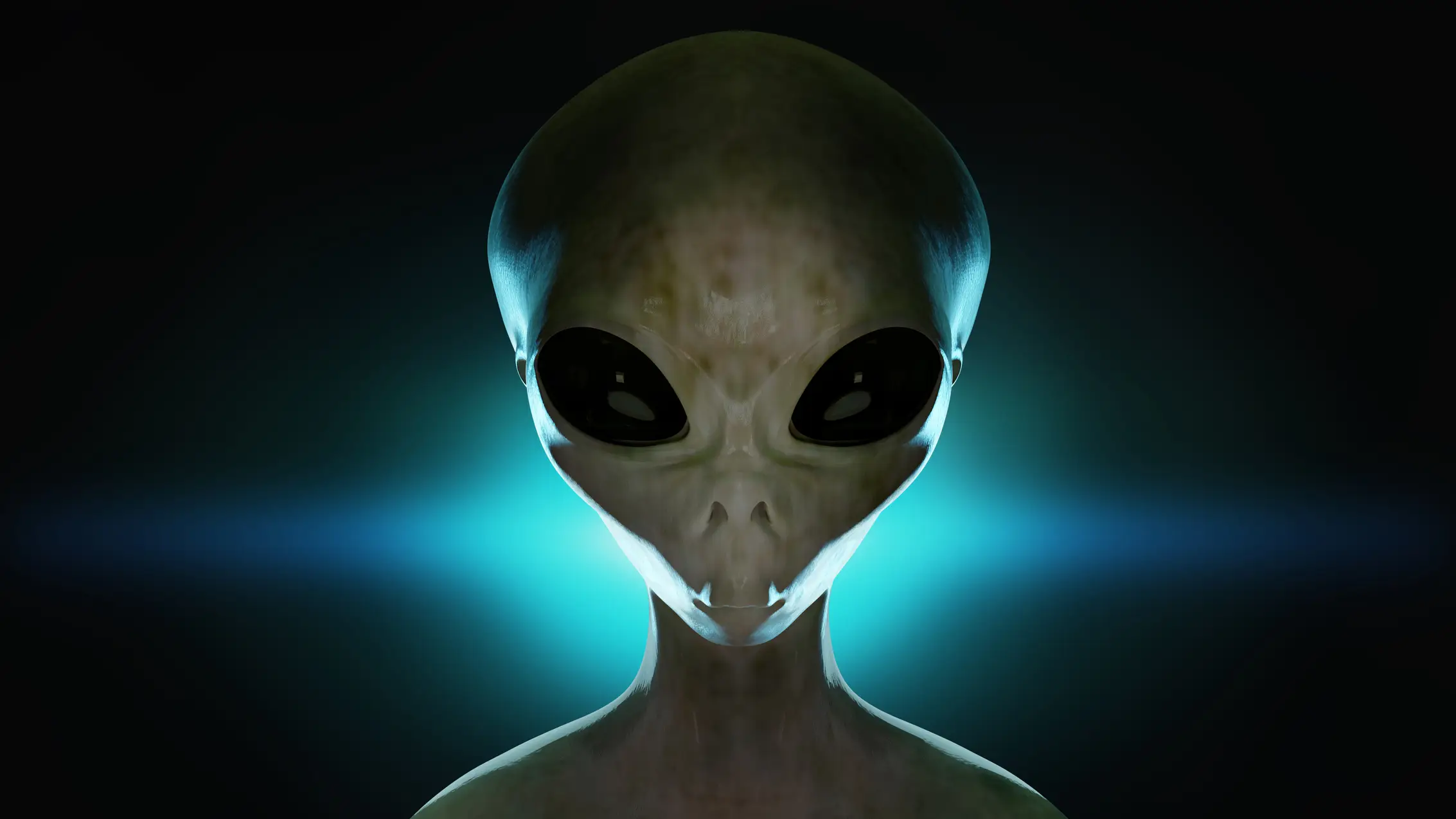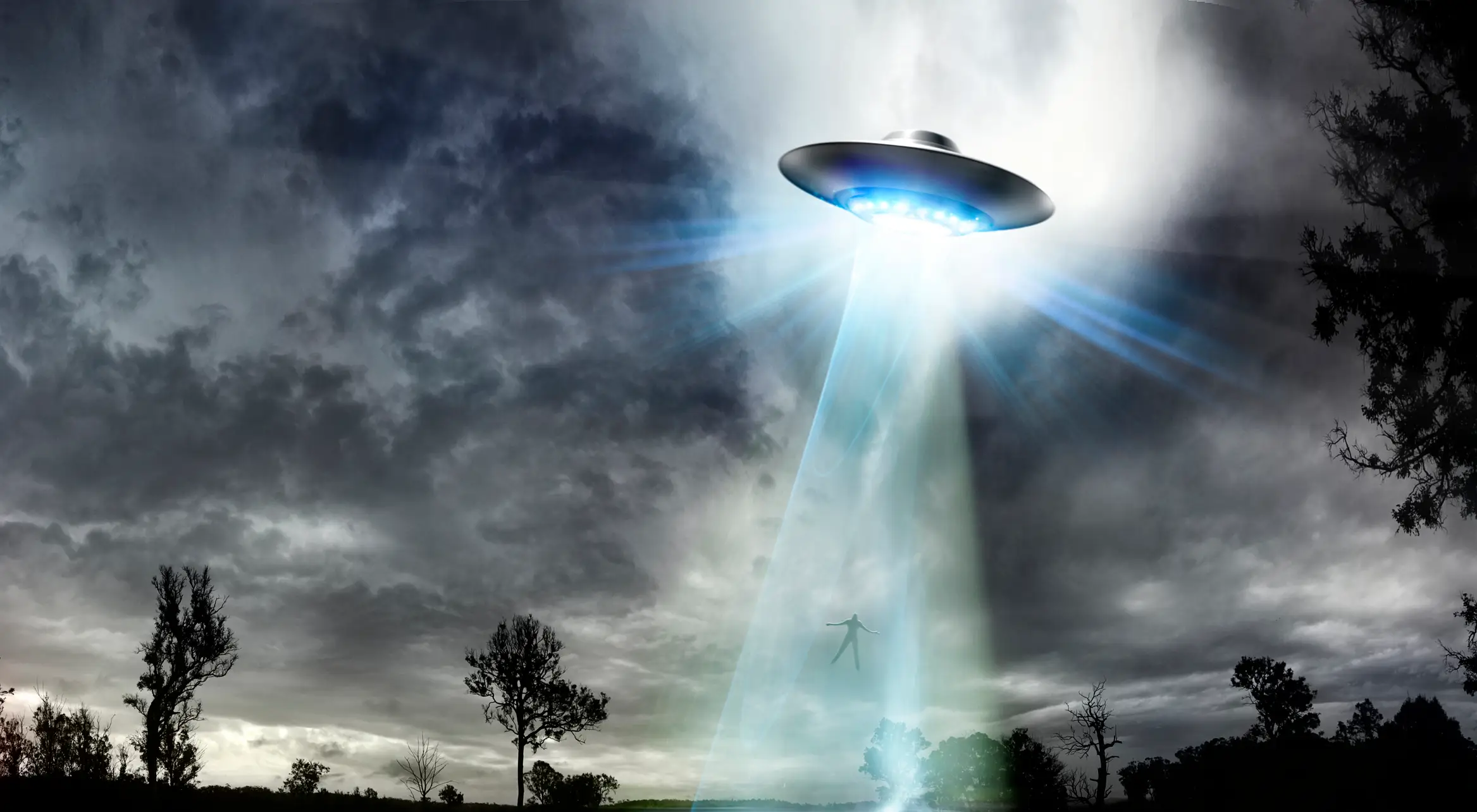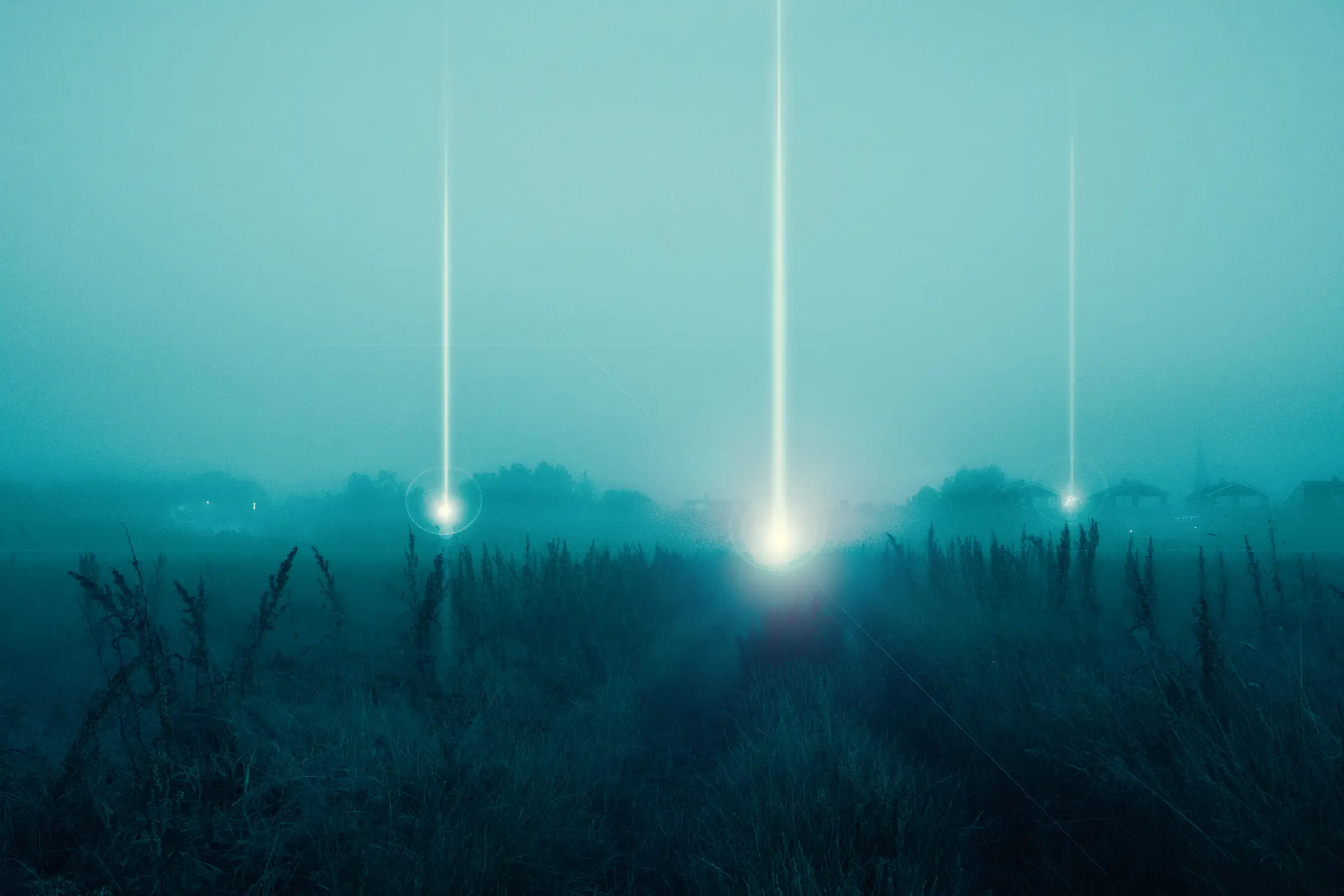
Have you ever wondered what would happen if a planet full of aliens was ever discovered?
It's pretty mind-boggling to think just how vast the universe could be, and how much life could actually exist outside of our blue planet.
In fact, some find it concerning that we *haven't* found intelligent life out there yet. For example, the Fermi Paradox asks, where is all the alien life? And why, in a vast universe of planets, have we not discovered any yet?
It's an eerie thought to linger on, but what's probably even more terrifying is exactly what we would do if life was discovered.
Advert
Of course, we've all seen how it plays out in the films - and it almost never ends well.
Think huge evacuations, long traffic queues and the world basically under attack.
But in reality, the plan looks quite different.
It's believed that if there were to be alien contact, it would initially be in the form of a signal to Earth.
But whether we would respond has been up for debate.
Back in 2016, Dr John Elliot, from the UK Search for Extraterrestrial Intelligence (SETI) Research Network, told the Guardian: "There’s a big debate within the whole community over whether we should respond or not."
However, Dr Elliot explained it would probably be difficult to stop a response.
"I would have thought that there would be a reply made in some form at some point round the globe by someone with the required equipment," he said.

Over on the SETI website, a list of recommendations for NASA has been shared.
"1. NASA should encourage establishment of post-detection notification processes within and among concerned national governments and inter-governmental bodies identified by this report," it reads.
"2. NASA should clarify its own policy and procedures for public dissemination of information about the detection;
"3. In accordance with established diplomatic procedures, NASA should brief national governments and international organisations about the Microwave Survey project and the implications of detection;
"4. NASA should broaden international participation in SETI through training and technical assistance."

Part of SETI's work is trying to understand languages that alien life could also interpret, called xenolinguistics.
However, the distance between Earth and a potential alien message could be huge.
For example, if aliens were 100 light years away, it would take 100 years to receive a signal.
This week, it was reported that scientists at the University of Cambridge think there could be a chance after the 'best ever signs of life' were found 124 light-years away.
K2-18b is a distant world orbiting a red dwarf star in the constellation Leo. It was discovered in 2015 by NASA’s Kepler Space Telescope and it's approximately 2.6 times the size of Earth.
In 2019, experts detected water vapour in K2-18b's atmosphere, which marked it as the first habitable-zone exoplanet where water was found.
This year, however, there was another breakthrough after the James Webb Space Telescope detected gases such as methane, carbon dioxide, and notably, dimethyl sulfide in K2-18b’s atmosphere.
So on Earth, dimethyl sulfide is produced by marine microorganisms like plankton.
The presence of it on K2-18b suggests potential biological activity, as no known non-biological processes can produce it in significant amounts, says lead scientist Professor Nikku Madhusudhan.
He told The Sun that 'there is no mechanism in the literature that can explain what we are seeing without life'.
"It’s a question humanity has been asking for thousands of years. It’s a shock to the system. It takes time to recover from the enormity of it," he said.
That sounds pretty convincing, right?
